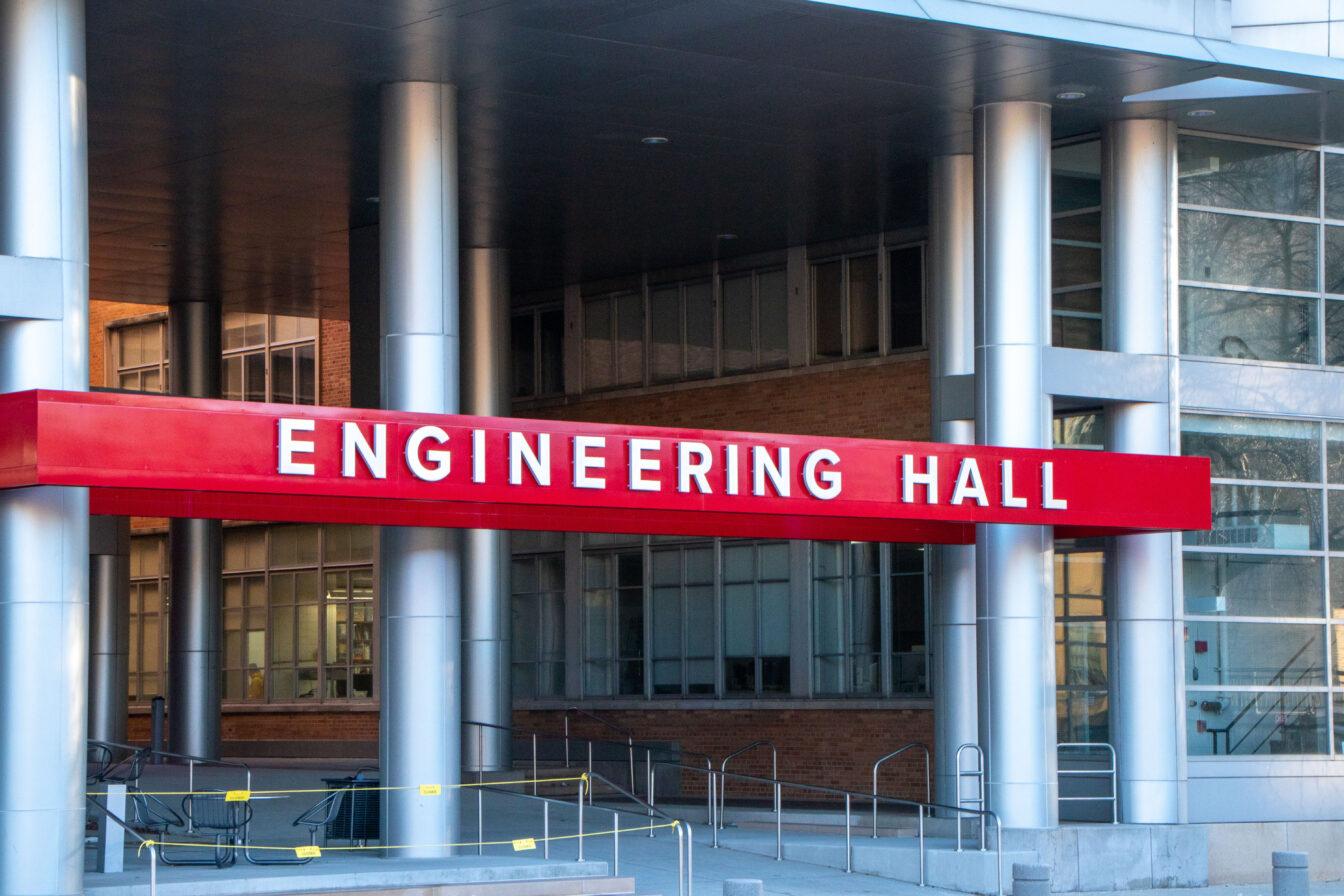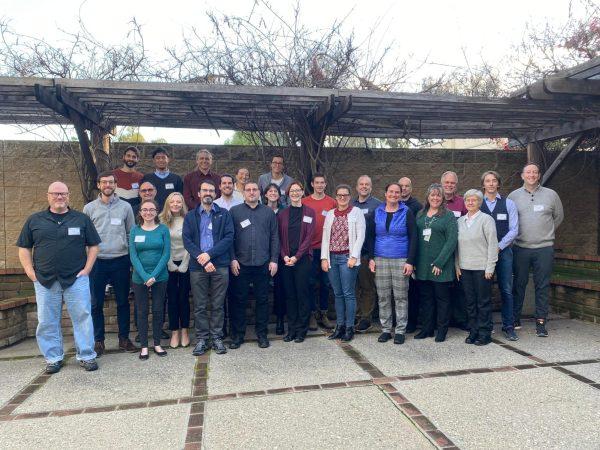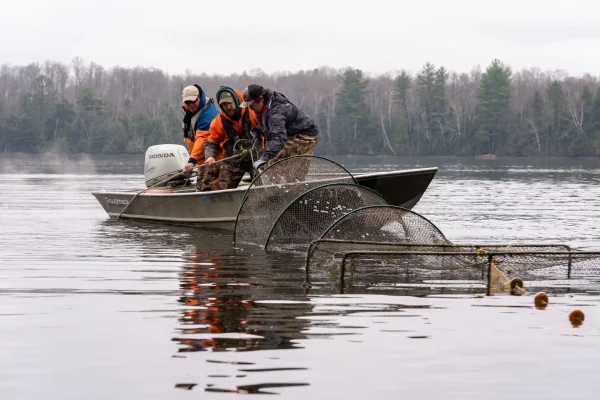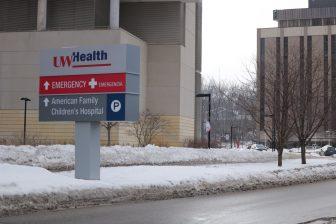The University of Wisconsin has recently partnered with the Midwest Tribal Energy Resources Association to foster energy sovereignty for tribal communities in a new collaborative initiative.
This partnership marks a significant step towards building the capacity to develop and sustain energy initiatives within tribal communities. Those at the heart of the collaboration focus on respecting tribal sovereignty and prioritizing community interests, according to MTERA. The MTERA collaboration aims to redefine energy dynamics across Wisconsin, especially in tribal communities.
One of the primary objectives of the collaboration is to support the advancement of clean energy solutions while maintaining tribal sovereignty, according to the Clean Energy Community Initiative.
Energy sovereignty is the inherent right for individuals and communities to make their own decisions regarding energy generation and consumption, according to the Department of Energy. Energy sovereignty is crucial, especially for Indigenous communities, as it empowers them to control and manage their own energy resources in a way that aligns with their cultural and environmental priorities — all while protecting their lands.
Tribal Solar Accelerator Fund Communications Officer and member of the non-profit organization Grid Alternatives John Teller said there is vast potential for renewable energy on tribal lands.
“That’s what we do here at Grid Alternatives, along with the National Tribal program,” Teller said. “Our program pushes tribes to try and reach those goals, [and] energy sovereignty and energy resiliency.”
Teller works for a project specifically targeting energy with Indigenous people and tribes, tribal entities and tribally led organizations throughout the country. The project offers many different grant opportunities to support tribal leadership and workforce development, Teller said.
The mission of Grid Alternatives is to a transition to a fully renewable energy powered world while advancing environmental justice.
“I think this [new engineering collaboration at the UW] is paving the way for Indigenous tribes in America, specifically to begin these renewable energy projects and large-scale utility grade size projects that probably were not possible before,” Teller said.
UW nuclear engineering professor Oliver Schmitz is an advocate for interdisciplinary collaborations and said the collaboration is a two-way engagement approach to discover community values, priorities and needs in the transition to clean energy.
According to Schmitz, underserved and traditionally underrepresented communities have challenges when making the decision to switch to more renewable energy sources. Schmitz said these communities will have to decide what energy conscious programs are best for their community and how to approach conceptualizing and funding these programs.
Schmitz met representatives from MTERA at the National Tribal Energy Summit, where they planned for a future collaboration that would lead to funding tribal clean energy projects through community initiatives.
Schmitz said the collaboration was systematically organized through a social science perspective, and he has now been collaborating with MTERA for 18 months. The collaborators explained to UW faculty and students that energy sovereignty has been unfunded for years, making the economic sustainability of this collaboration increasingly important, Schmitz said.
“The level of trust that has been expressed by tribal communities to invite us into their space, share openly their propositions, their concerns, their priorities and knowing we wouldn’t misuse it for another proposal is what we are grateful for,” Schmitz said. “We want to engage with them for their good and our good.”
By putting projects that address community needs and preferences at the forefront, the collaboration ensures tribal interests are prioritized in decision-making processes, Schmitz said. One of MTERA’s clients is the Bad River Tribe, who live along the shore of Lake Superior.
Bad River Tribe council member Daniel Wiggins Jr. said great steps have been made through a recent microgrids project. The National Renewable Energy Laboratory defines microgrids as groups of power sources that operate as a single entity.
“One of the emphases of [the microgrid project] was community benefits and workforce development,” Wiggins said. “We specifically wanted to look at how we could enhance workforce development for tribal members and community members that are interested in technical fields and technical jobs.”
According to Wiggins, tribal groups are often invited as an afterthought in energy conversations, which is where the UW and MTERA collaboration stands out. Schmitz reached out to MTERA directly first, wanting them to get involved from the very beginning, which was very empowering for tribal communities.
Wiggins said there are many upcoming projects in the next few years, as the tribe was recently awarded a five year $14 million grant — $1.2 million of which will be put directly into UW’s rough order of magnitude for future certification programs, Wiggins said. These ROMs estimate the effort and cost involved in completing a project — an essential part of assessing energy sovereignty projects.
“One [connection] that was huge for the tribe in order to make sure this effort moves forward effectively is that UW–Madison will be working directly with Ojibwe University, which is here in Northwest Wisconsin and has a site directly at Bad River,” Wiggins said.
















